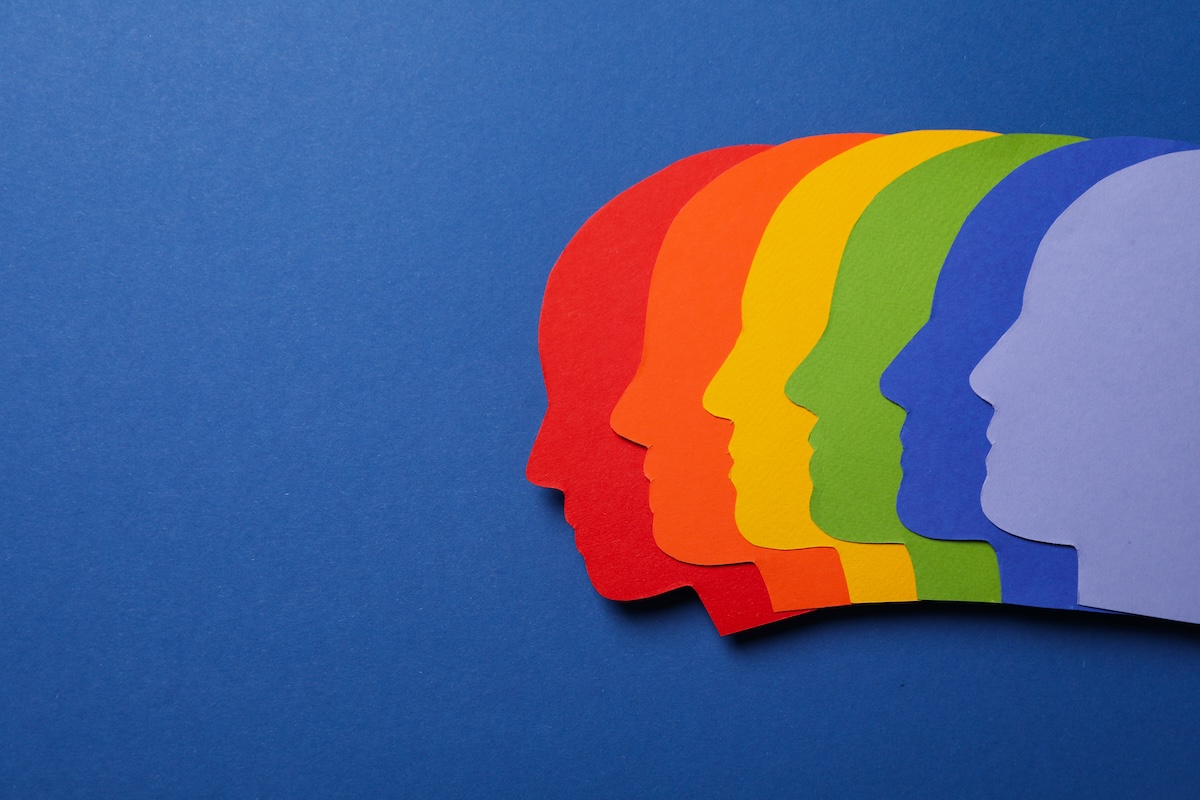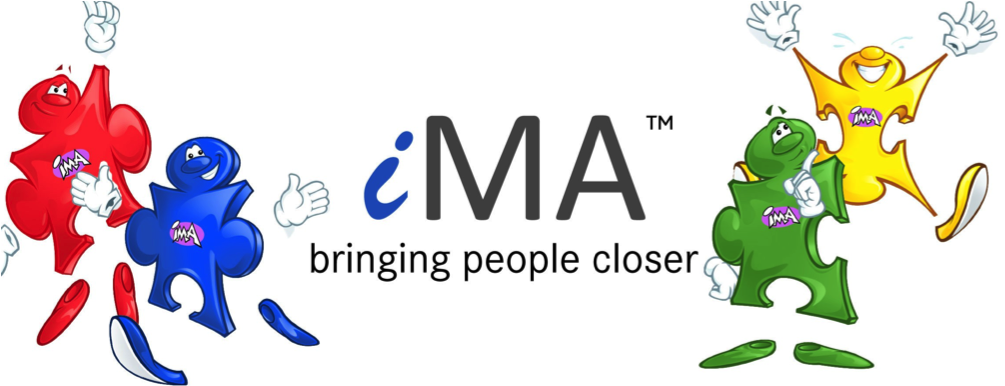When completing a colour personality questionnaire—more accurately described as a survey rather than a test (since there’s no pass or fail)—you answer a series of short questions that reveal key traits about your personality. Your answers align you with one of four colour-coded communication styles used in the iMA framework: High Blue, High Yellow, High Green, or High Red.
You can discover your style by completing the iMA questionnaire at ashleyboroda-ima.com.
Overview of iMA Colours:
- High Blue: Non-assertive and relationship-focused
- High Red: Assertive, logical, and task-focused
- High Yellow: Assertive and relationship-focused, fast-paced
- High Green: Non-assertive, logical, and task-oriented
This framework is simple to understand, but deeply insightful.
Spotlight on iMA High Blue
If your responses identify you as a High Blue, you share this communication style with around 25% of the global population. High Blues thrive in calm, warm, and trusting environments—particularly in interactions with fellow High Blues, who tend to be gentle, considerate, and relationship-focused.
Key Traits of High Blues:
- Receptive and non-assertive
- Take time to express opinions, preferring safe and supportive environments
- Operate at a slower, thoughtful pace
- Fully present and engaged in the moment
- Right-brain thinkers—people-focused, open, conversational, non-linear in thought
- Thrive on collaboration, encouragement, and emotional connection
Recognising a High Blue
High Blues tend to:
- Smile and offer friendly eye contact—but only if they feel welcomed
- Prioritise harmony, empathy, and meaningful connections
- Be loyal, compassionate, and excellent listeners
- Ask questions rather than make bold statements
- Prefer small groups and tend to wait for others to initiate conversation
They’re approachable, yet thoughtful, and take time before forming strong opinions or making decisions.
Strengths of High Blues
High Blues bring many valuable qualities to personal and professional settings:
- Strong team players who build trust and lasting connections
- Persistent, reliable, and detail-oriented—especially in completing tasks
- Excellent planners and finishers
- Natural networkers with refined interpersonal skills
- Creative and positive thinkers who value recognition
- Thrive in friendly, supportive environments and often remain loyal to roles they enjoy
Limitations of High Blues
Like every personality type, High Blues have challenges:
- May hesitate or take longer to make decisions
- Can be overly passive, dependent, or in need of reassurance
- Often require emotional safety to express themselves or take initiative
Best Working Relationships
High Blues work particularly well with:
- Other High Blues: Mutual understanding, trust, and warmth
- High Yellows: Both are right-brained and relationship-driven; Yellows often initiate relationships, while Blues are excellent at maintaining them
- High Greens: Both are receptive and non-assertive, with a shared focus on thoughtful, thorough work and present-moment awareness
Potential Clashes: High Blues and High Reds
The biggest contrast exists between High Blues and High Reds:
- High Reds are assertive and fast-paced; Blues are more reflective and gentle
- Reds are logical, left-brained, and goal-oriented; Blues are emotional, right-brained, and relationship-focused
- Reds may find Blues too soft, while Blues can feel overwhelmed or dismissed by Reds’ directness
- Despite these differences, understanding each style’s perspective can bridge communication gaps and improve collaboration.
If you’re a High Blue, your ability to connect with others, listen deeply, and offer emotional insight is a powerful strength. In the right environment, your personality can thrive—and help others do the same.




